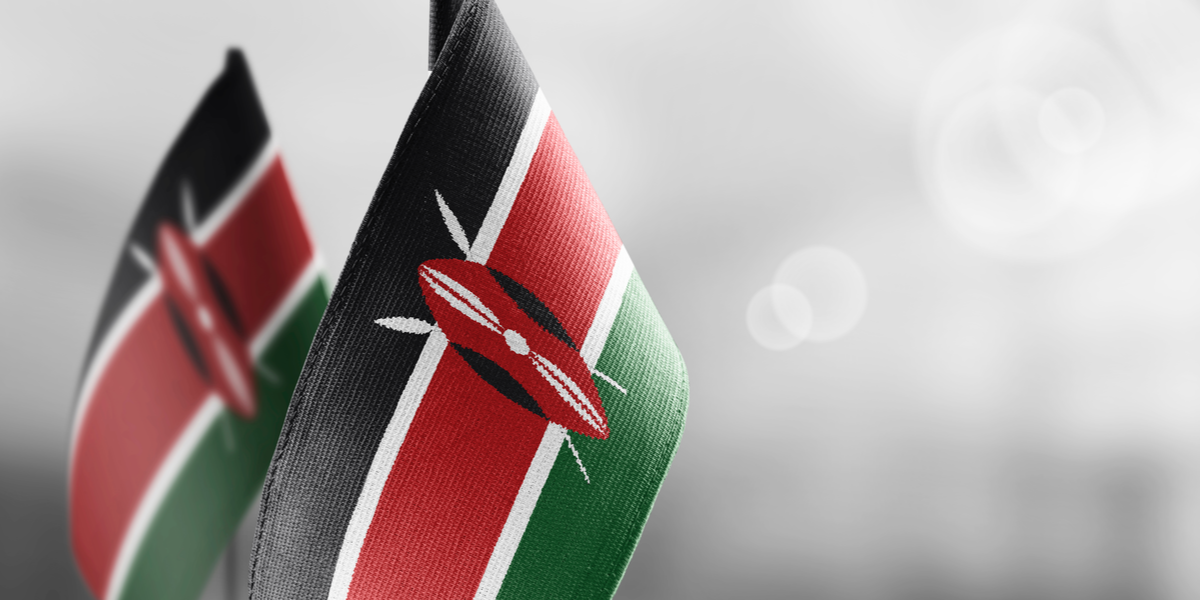My first piece for TechCabal was on Nigeria’s National Identity Number (NIN). It was an upbeat, positive story that discussed the government’s attempt to improve privacy by tokenising citizens’ national identity numbers and why it was welcome. But even as I wrote it, I was acutely aware of the implications of an encompassing biometric ID system. I suppressed the urge to turn my news story into a critique of the “digital biometric ID good” narrative.
African governments, large corporates, and tech entrepreneurs have embraced the West’s vision of a universal identity system. With support from the World Bank’s Identification for Development (ID4D) programme, governments across Africa have foisted elaborate and expensive biometric ID schemes on citizens and residents with little pushback from civil society. Here’s why this deserves more scrutiny, especially in Africa.
“Identity for Development”
Governments try to know how many people they are responsible for. Knowing this helps them plan for hospitals, roads, schools, and public infrastructure. This information is also a useful tool for politicians—at least in some democracies.
Planned census campaigns are the foundation of keeping up with the number of people a government should answer to. The key thing to note here is that censuses, birth certificates, and the like are all civil registers.
Far from proving one’s identity, the primary aim of civil registers is to help government understand who needs what service and where. Schools will not be built in an area if the government does not know that children live there.
By contrast, digital identity is more concerned with collecting and authenticating personal data, primarily through biometric information.
Even the World Bank, one of the key proponents of digital identity schemes, admits that digital identity programmes serve a different purpose from civil registers. The official ID4D website of the World Bank explains: “While the unit of importance in a CR system is the event [birth dates or driving qualifications], the unit of importance in an ID system is the person.” Both the World Bank and digital ID officials and adjacent corporations claim that expanding (in reality, mandating) digital identity systems will help people participate in “political and economic life”.
The reality is that these mandates and their forceful use of “stick incentives”—withdrawing privileges until people cave in—are merely a self-fulfilling prophecy. Take Nigeria for example: Before now, all residents could, with a regular ID, register for their mobile device SIM cards and make calls, until Nigeria’s information and technology ministry decided that the uptake of a years-long biometric ID project was too slow. To force people to get the 12-digit numbers, it asked mobile network operators to prevent formerly registered devices from making calls if the owners failed to prove they had gotten their NIN.
After several postponed deadlines, the government forced telcos to cut services to 73 million subscribers—a third of registered users.
The resulting chaos, and delays in a pandemic no less, cost small businesses untold millions.
But the programme was hailed as a success nonetheless. In an article titled, “On the Road to Digital-ID Success in Africa: Leveraging Global Trends”, Yiannis Theodorou, head of digital ID at the Tony Blair Institute for Global Change, lauded the Nigerian and Tanzanian digital ID programmes as “supporting the inclusion of several million people”.
Partner Message

What is wrong with digital biometric IDs?
Before we go further, it’s important to note that digitising civil records is not the same as creating a digital identity.
The fact that half of the estimated billion people worldwide who have no form of legal identification reside in Africa is no excuse to create disjointed ID programmes that first throw people off social benefits so that they can be “included” again after they comply with the programmes’ directives.
Indeed Theodorou admits in his essay that, “digital-ID systems create a power imbalance between the state and its people based on the nature of the personal information collected”. This power imbalance manifests in how the state, with biometric identity data, now has unhindered scope to serve or limit public services to individuals or entire groups based on how well they get along with the state.
Nigeria’s NIN was supposed to curb kidnappings, where criminals use mobile devices to make demands for ransom. It has failed to do so. But it may empower the government to monitor and softly silence dissidents and critics.
As the activist group, AccessNow notes in this open letter, “It is far from being proven that most digital identity programmes have brought additional benefits to users, without placing them at risk.”
It’s important to note that the West which champions biometric identities as a necessary “single source of truth” identity system is yet to implement broad mandated ID programmes of the sort they support in developing countries. The World Bank’s ID4D programme supports 49 countries with more than $1.5 billion to implement a digital ID. But in key Western countries like Switzerland, these systems have been roundly rejected.
The benefits of digital identities as they are proposed by the international agencies that fund these campaigns do not sound exclusive to the Global South or developing countries. Why then is it that it is only here that weak democracies are being exploited to forcefully pursue these schemes?
More importantly, where is Africa’s civil society in the conversation?
A billion-dollar identity industry rises
The push to get (mostly the Global South) to adopt digital identities in place of civil registers has spawned a multibillion-dollar industry. This $1.3 billion market is growing (with the Middle East) 21% every year.
From companies that help make the complex tech infrastructure that creates and manages biometric identities to the ones that exist to verify these digital identities, the biometric servicing corporate world is alive and well and has made inroads into the obscure world of cryptocurrencies.
According to a Research ICT Africa (RIA) and the Centre for Internet and Society (CIS) report, many African countries still lack data protection legislation, and where it does exist, it is often “vaguely drafted, poorly implemented, or allows for significant executive discretion”.
But data protection is only one of the problems with biometric IDs. The most important dilemma is that it is directly supporting, exploiting, and profiting from a powerful government-sanctioned scheme that has little benefits and too much risk.
The occasional frenzy about how corporates treat privacy does not address the problem that a massive identity management framework poses.
The system has neither succeeded to curb criminality, but it has given the government—not corporates unprecedented surveillance powers. It is the entire concept of centralised biometric digital identities that needs to be revisited or die a quick death∎
Thanks for reading The Next Wave. Subscribe here for free to get fresh perspectives on the progress of digital innovation in Africa every Sunday.
Please share today’s edition with your network on WhatsApp, Telegram and other platforms, and feel free to send a reply to let us know if you enjoyed this essay and what could be better.
Subscribe to our TC Daily Newsletter to receive all the technology and business stories you need each weekday at 7 AM (WAT).
Follow TechCabal on Twitter, Instagram, Facebook, and LinkedIn to stay engaged in our real-time conversations on tech and innovation in Africa.
Abraham Augustine, Senior Writer, TechCabal. |
From the Cabal
Fintech startup, Afriex facilitates money transfers in any currency, from anywhere in the world. Read more about it wants to ease remittance for Africans here.


















